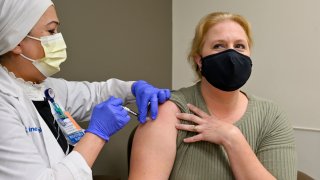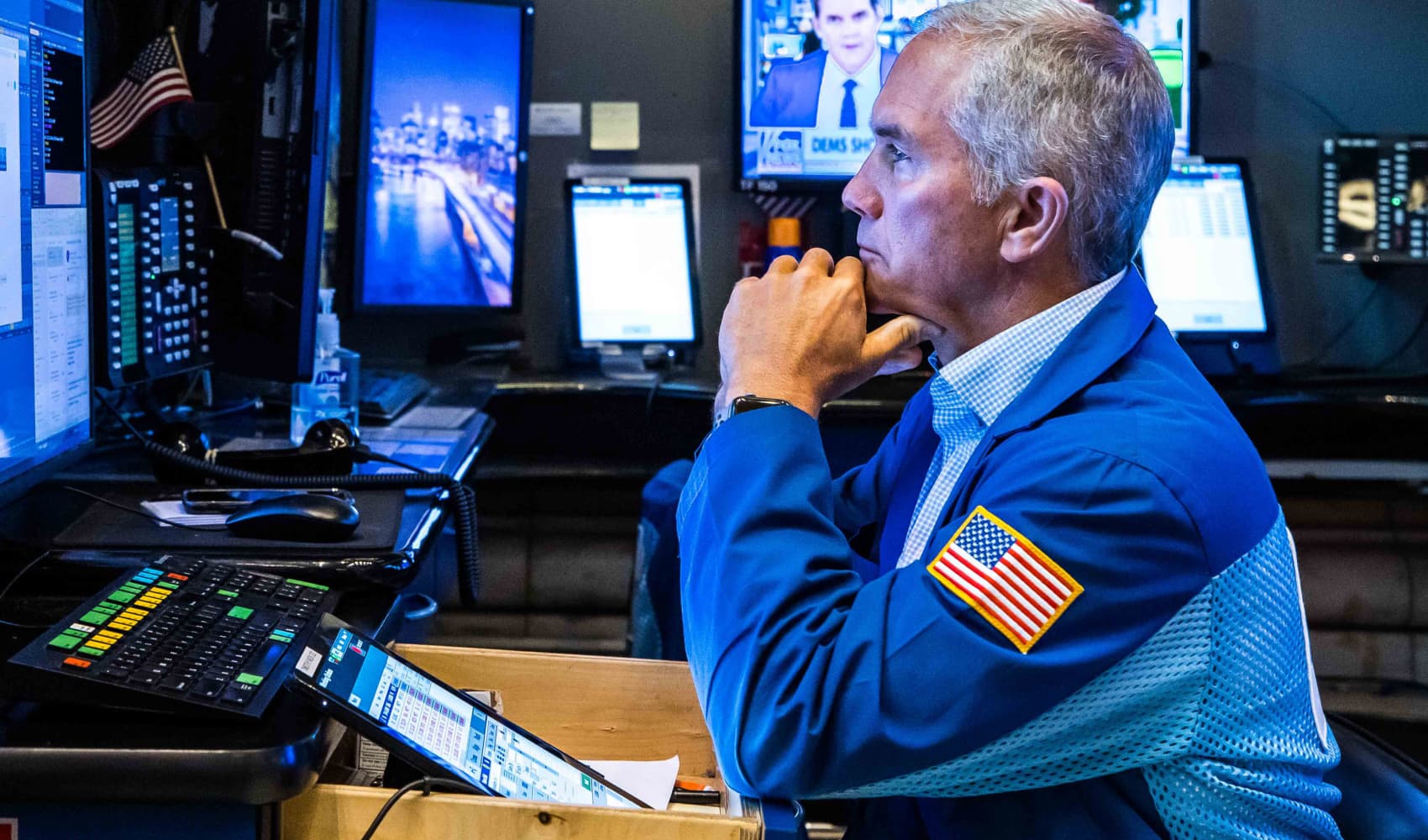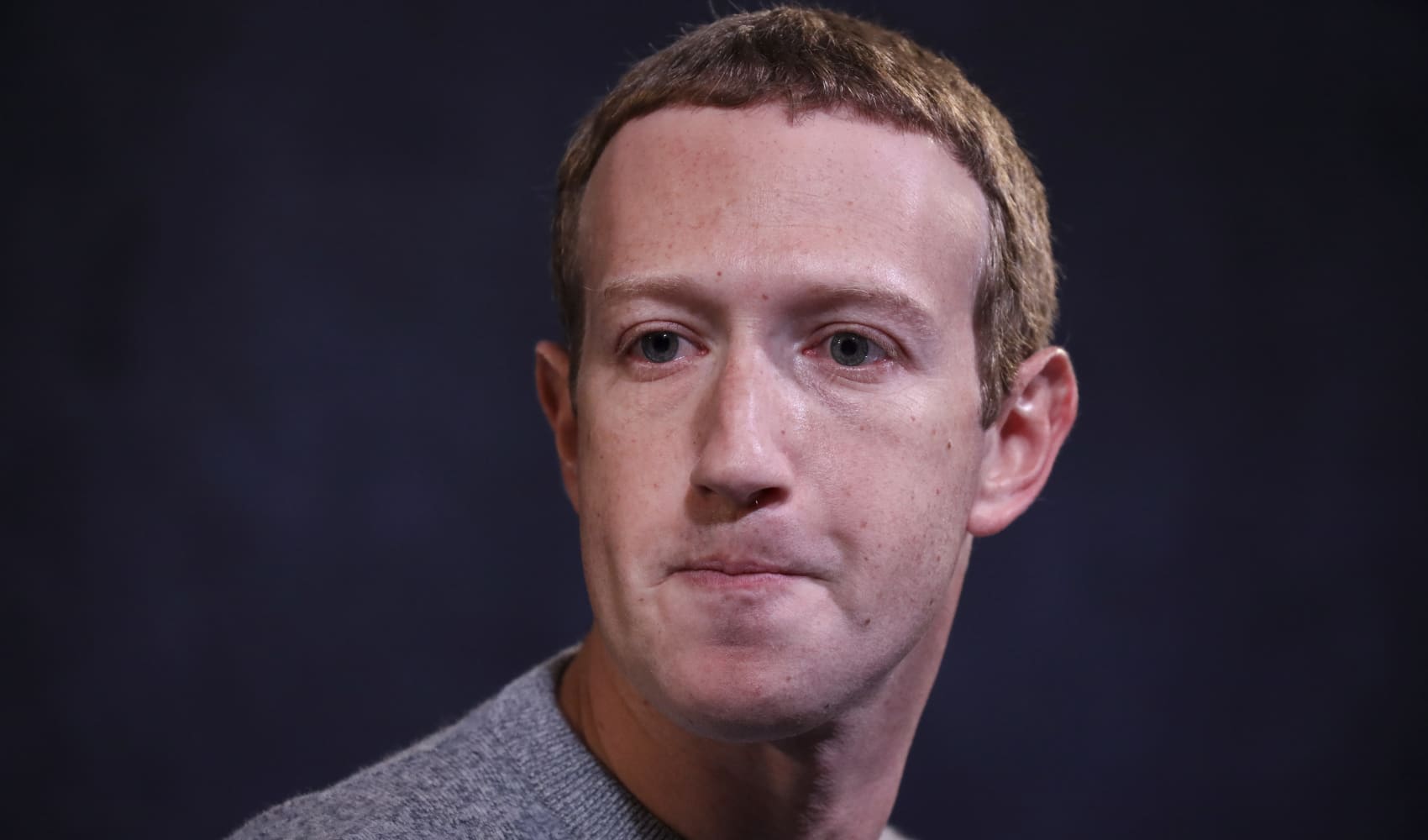
- Some countries have less than 2% vaccination coverage, most of them in Africa, WHO Director-General Tedros Adhanom Ghebreyesus said.
- Booster rollouts have already begun across the United States, where nearly 54% of the population is fully vaccinated.
- More than 1.8 million boosters have already been administered in the U.S., the CDC said.
World Health Organization officials called again for wealthy nations to stop distributing Covid vaccine booster doses in hopes of making more shots available for poorer countries with lagging immunization rates.
The WHO lacks sufficient scientific data to condone the widespread use of boosters, Director-General Tedros Adhanom Ghebreyesus said at a press briefing Tuesday. The organization has worked to address vaccine inequities since last winter, asking world leaders on Wednesday to impose a moratorium on third doses through the end of the year to redirect surplus vaccines to low-income nations.
"There are countries with less than 2% vaccination coverage, most of them in Africa, who are not even getting their first and second dose" Tedros said. "And starting with boosters, especially giving it to healthy populations, is really not right."
Get San Diego local news, weather forecasts, sports and lifestyle stories to your inbox. Sign up for NBC San Diego newsletters.
In Africa, just under 3.5% of the eligible population is fully vaccinated, WHO officials said. The organization reiterated its approval for the administration of booster doses for the immunocompromised, but said Africa was on track to miss the director-general's goal of a 10% vaccination rate in every country by the end of the year.
Booster rollouts have already begun across the United States, where the Centers for Disease Control and Prevention report that nearly 54% of the population is fully vaccinated. More than 1.8 million boosters have already been administered, the CDC said. If the WHO signs off on boosters, their distribution would require an investment of approximately $1 billion per year in Africa, Benedict Oramah, president and chair of the African Export-Import Bank's board of directors, said at the briefing.
Money Report
Though several nations have pledged to donate hundreds of millions of vaccine doses to the developing world, trade restrictions have made it difficult for low-income nations to buy vaccines on their own, said Strive Masiyiwa, special envoy to the African Union for Covid-19. Rolling back those restrictions would help facilitate increased vaccinations across Africa, Masiyiwa said.
"We want access to purchase," he said. "We call on those countries that have put restrictions on exports – exports of vaccines as finished products, exports of ingredients, drug substance."
"These restrictions are even more urgent for us today than intellectual property because the intellectual property doesn't deliver a vaccine to us tomorrow," Masiyiwa added.






